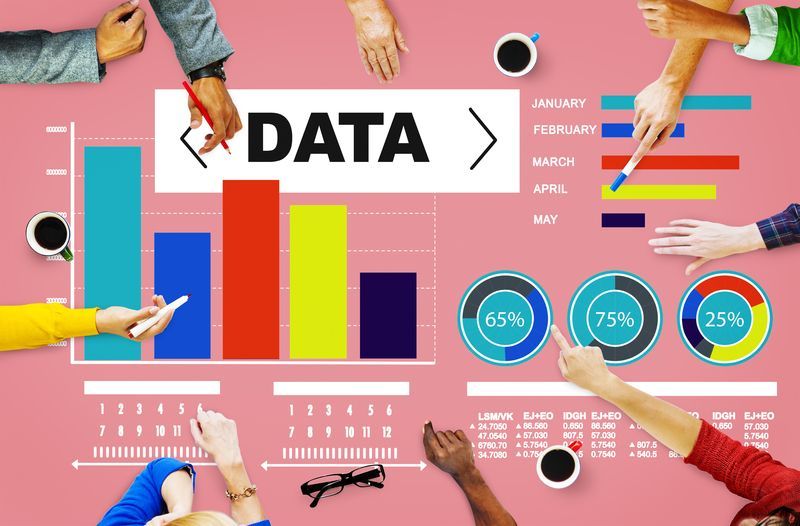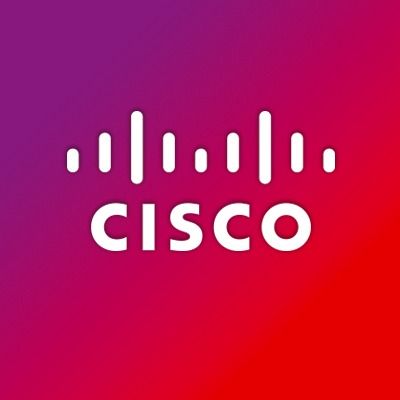“Transporting the magic of Silicon Valley to other cities is a trope so old, and so beloved by government bureaucrats, that these days it hardly quickens the pulse.”
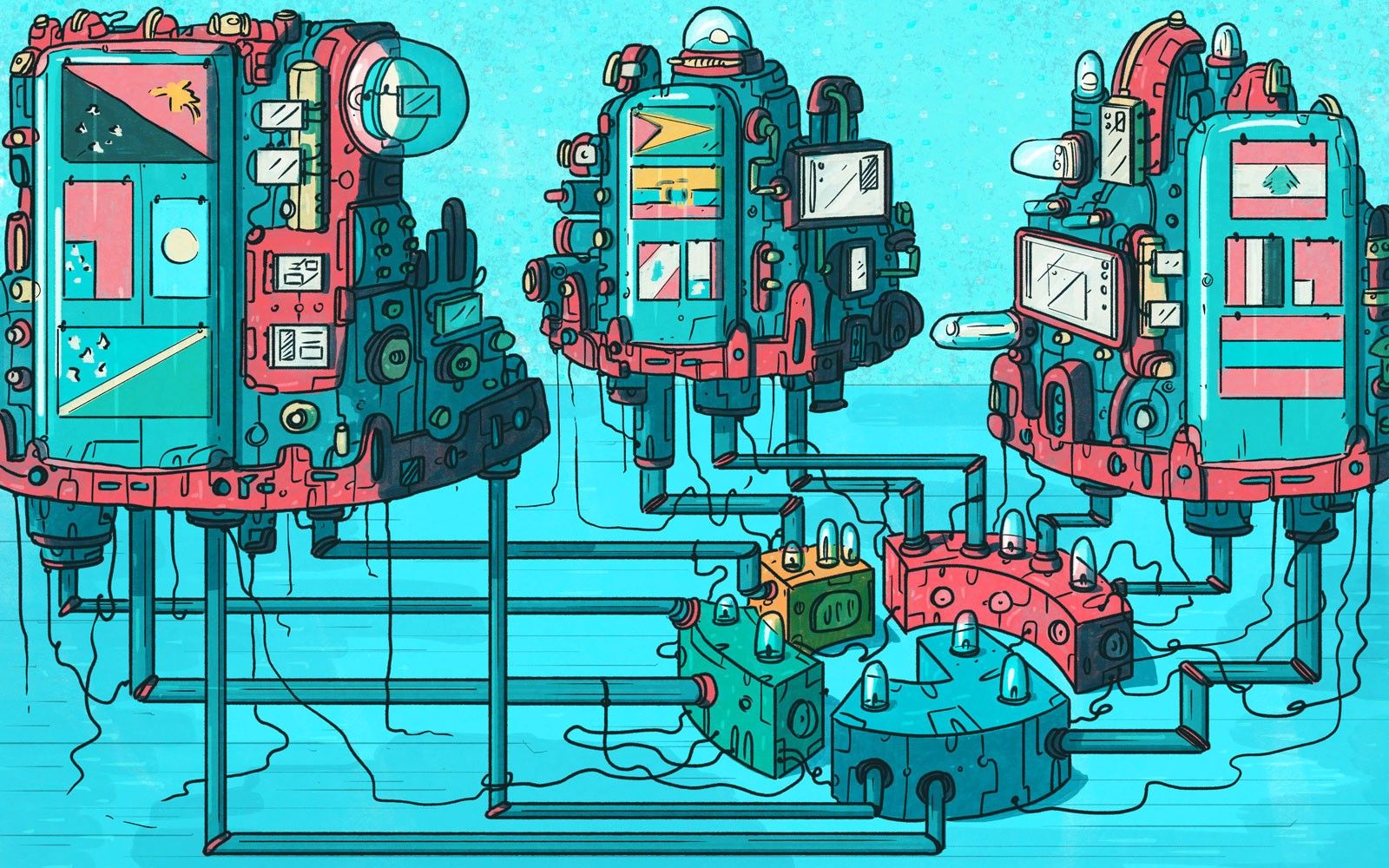

“Transporting the magic of Silicon Valley to other cities is a trope so old, and so beloved by government bureaucrats, that these days it hardly quickens the pulse.”
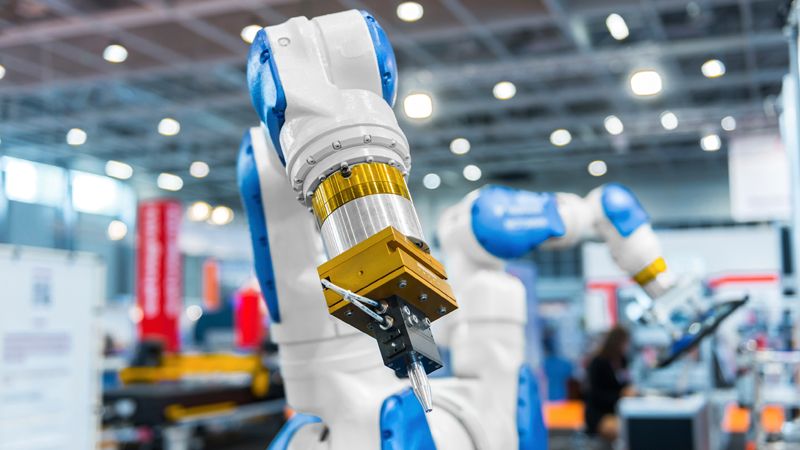
Bug-out bags/survival kits are a controversial topic. Everybody has a different philosophy about what makes a good one. This is Brent’s. While bigger and heavier than a lot of the bags you’ll see online, you can keep it in the closet by your front door or the trunk of your car, and you’ll be prepared for an emergency that could last many days. Brent’s kit doubles as a slick backpacking setup, so you’ll get to know your gear extremely well, and you get to have fun with it, too.
Still haven’t subscribed to WIRED on YouTube? ►► http://wrd.cm/15fP7B7
CONNECT WITH WIRED
Web: http://wired.com
Twitter: https://twitter.com/WIRED
Facebook: https://facebook.com/WIRED
Pinterest: https://pinterest.com/wired
Google+: https://plus.google.com/+WIRED
Instagram: http://instagram.com/WIRED
Tumblr: http://WIRED.tumblr.com
Want even more? Subscribe to The Scene: http://bit.ly/subthescene
ABOUT WIRED
WIRED is where tomorrow is realized. Through thought-provoking stories and videos, WIRED explores the future of business, innovation, and culture.
How to Pack for the Apocalypse | OOO with Brent Rose.
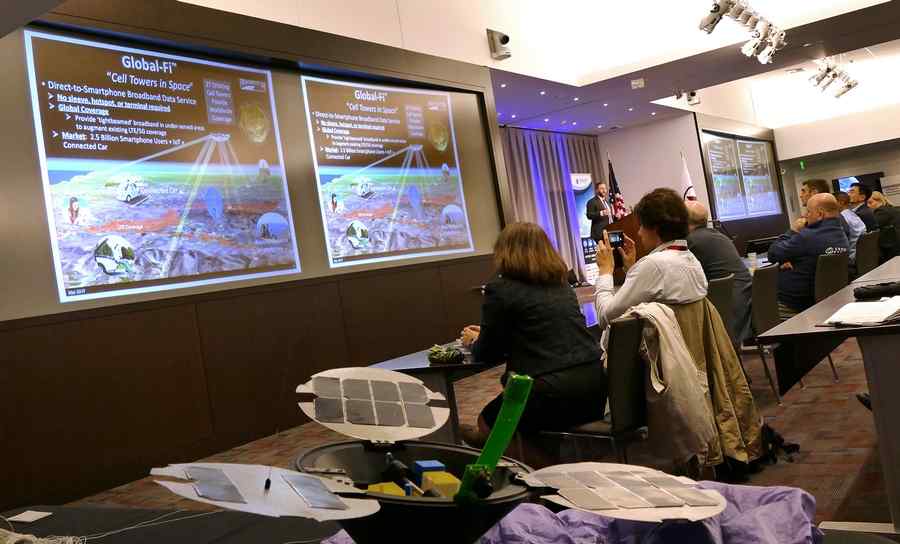
Ten of the most promising new regional aerospace start-up companies descended on El Segundo on Tuesday to pitch their futuristic concepts for the next wave of industry advancement, from orbiting cell towers in space to drones that communicate with each other.
The event, organized by new-tech business support company Starburst Accelerator, was held at The Aerospace Corp., the research and development arm of the adjacent Los Angeles Air Force Base.
Such meetings between legacy aerospace companies and energetic up-and-comers are becoming commonplace, as the industry works to keep up with a flood of technological advancements propelling the commercialization of low-Earth orbit.

The cloud is becoming a bigger part of IBM’s business, and the technology giant is expanding its data center offerings.
IBM CEO Ginni Rometty announced at the company’s InterConnect conference in Las Vegas Tuesday a new data center in China, its 51st overall in 20 nations.

Alida Draudt and Julia Rose West are not only co-authors, business partners, and best of friends, but most importantly, they have differing points of view—which is ideal for two budding Silicon Valley futurists.
Alida currently works as a futurist and design strategist at Capital One, and Julia is a design strategist and user experience manager at Ancestry.com.
In their recently published book, What the Foresight, they describe the mindset, practices and tools leaders need to explore multiple futures, identify their preferred future, and then take steps to create it. In their view, the future’s complexity requires looking at it from multiple viewpoints and angles.

As I’m sure many in the technology industry have thought today, there should have been a way to avoid the Oscars Envelopegate. But, is artificial intelligence the answer to all of our human error problems? A recent Accenture report found that the introduction and further development of AI could boost labor productivity by 40% by 2035. It seems as if banks have already picked up on this, as was seen last year with RBS’ replacement of human employees with automated services. News announced this week also suggests that artificial intelligence will become a central part of anything a technology organisation will do in the future. Will we see the same in the financial technology sector?
The relationship between man and machine is expected to be the naissance of a type of work that could potentially double annual economic growth, according to Accenture. Chief technology officer Paul Daugherty highlighted that “AI is poised to transform business in ways we’ve not seen since the impact of computer technology in the late 20th century.” He went on to explain in the report that artificial intelligence, with the help of cloud computing and analytics, is already starting to change the way that people work.
The weekend saw the UK government announce that they are planning to launch a review into the value of robotics in the country’s aim to become world technology leader. £17.3 million would be invested into university research of AI technologies such as Apple’s Siri, Amazon’s Alexa and driverless cars, as reported by The Independent. The article also drew from the Accenture report and said that artificial intelligence could add around £654 billion to the UK economy.

